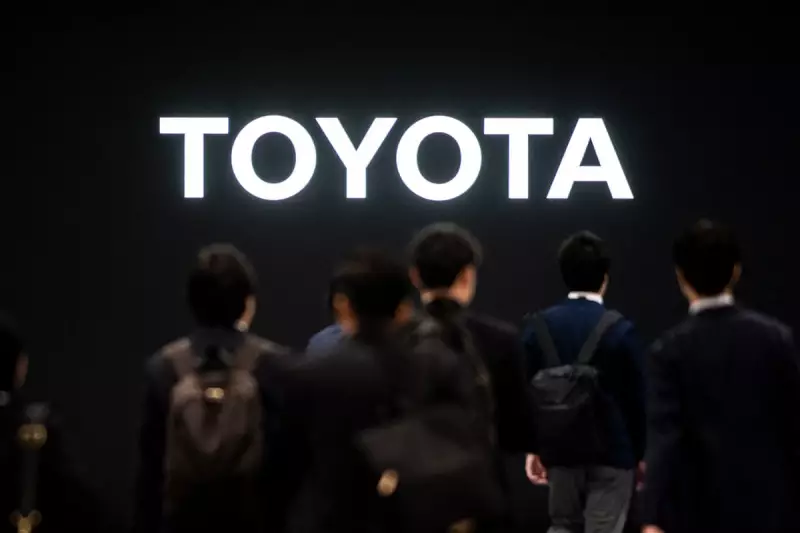
Freshly uncovered documents have cast doubt on Toyota's widely-publicised $13bn investment pledge in United States manufacturing facilities during Donald Trump's presidency. The automotive giant's actual spending appears to have fallen significantly short of its headline-grabbing announcements.
The gap between promise and reality
While Toyota frequently trumpeted its commitment to pour billions into American operations between 2017 and 2023, internal communications and regulatory filings tell a different story. The company's own reports to Japanese authorities suggest the true investment figure was substantially lower than the $13bn repeatedly cited in public statements.
This discrepancy raises questions about whether the manufacturer inflated its numbers to maintain favourable relations with the Trump administration during a period of intense trade tensions.
Political pressure and automotive diplomacy
The timing of Toyota's announcements coincided with mounting pressure from the White House on foreign automakers to shift production to the US. President Trump had been particularly vocal about bringing manufacturing jobs back to America, threatening import tariffs that could have severely impacted companies like Toyota.
Industry analysts suggest the inflated investment claims served as strategic positioning during delicate negotiations over trade policy that could have made or broken the company's competitive edge in the crucial American market.
What the documents reveal
Detailed examination of Toyota's filings with Japan's Ministry of Finance shows:
- Significant variance between US-facing announcements and official reports to Japanese regulators
- Multiple instances where investment figures were aggregated in ways that potentially misrepresented actual capital expenditure
- Timing of announcements that aligned with key moments in US trade policy discussions
Broader implications for corporate transparency
This revelation comes at a sensitive time for global corporations navigating complex international relations. The Toyota case highlights the delicate balance companies must strike between political diplomacy and transparent financial reporting.
As trade tensions continue to shape global manufacturing strategies, the automotive industry faces increased scrutiny over how it communicates investment decisions across different jurisdictions and stakeholders.
The unfolding situation leaves industry watchers wondering how common such discrepancies might be among other multinational corporations operating in politically charged environments.





